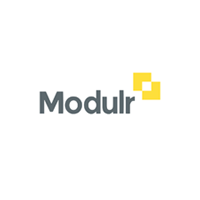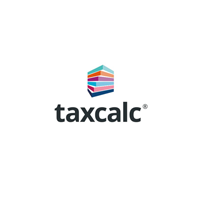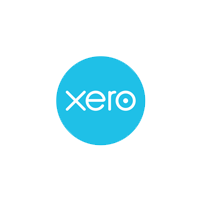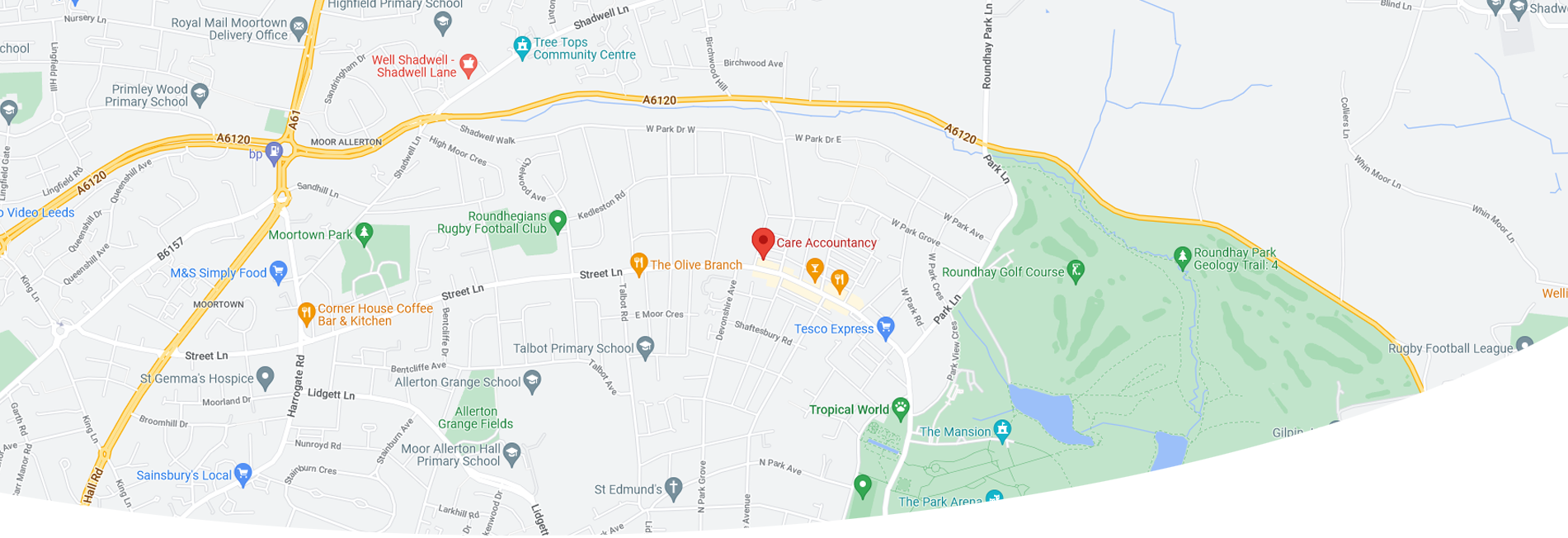Capital
Gains Tax
Capital Gain tax is a tax arising from disposing off an asset that you own that has been held for a period of over a year, the capital gains being the difference between the sale and the purchase price. Capital gain tax are applicable on disposal of a business. The incidence of capital gains tax on property is quite large as also capital gains tax on sale of shares or investments. A property which is not the main home, inherited properties, valuables such as antiques, piece of art, jewelry may also be subject to capital gains tax.
Capital gains tax rates on assets disposed of are currently taxed at a lower rate than those of income tax because gains arising from such assets is considered a risk- taking activity which can be offset against the Capital gain tax allowance The word disposing off carries a much wider meaning than sale of assets to include such assets that have been transferred at a below the market value. CGT becomes applicable on selling or disposing of an asset that has appreciated in value.


Capital Gains Tax
Enjoy the difference!
The CGT tax computation is not without its complexities. It is recommended to engage the services of a professional for CGT computations. The rate at which CGT is levied depends on the tax bracket of the taxpayer.
If the sale of an asset in a tax year, results in a loss it can be deducted from the other capital gains to calculate the total CGT liability. Further losses that cannot be offset against the profits can be carried forward to future years to be offset the potential gains of any future years.
The due date for CGT is the 31st of January every year after the end of each tax year. Tax on the sale of an asset in 2020-21 must be paid by 31 January 2022. CGT is generally paid through the self-assessment system and will normally be calculated as part of the self-assessment tax return.
CGT Exempted Transactions
For some of the assets, the Capital Gains tax is exempt. Following is a list of possible assets and their conditions where Capital Gain tax is not applicable:
- Sale of the Principal private residence
- Transfers between spouses and civil partners
- UK government gilt,
- Individual Saving Accounts (ISA’s) and Personal Equity Plans (PEP’s)
- Life insurance policy proceeds
- National Savings & Investments products, Child trust funds & Pensions
- Employee shares held in approved share incentive schemes
- Betting and lottery winnings
- Gold, silver, and platinum coins
- Gains on identified tax-efficient investments
- Gifts below £6K per year
- Donations and gifts to charities
- Sale or gift of cars not used for business purposes
- Wasting assets, with a useful lifespan of 50 years or less
It is common to understand the implication of Stamp Duty, VAT, Income tax and Inheritance Tax to be included in CGT tax planning so please be careful not to deal with this in isolation. Over the years various types of relief around CGT have been provided by which clients can potentially make use of, some of which are below.
Business Asset Disposal Relief (BADR)
If any business assets are disposed of during the year, there is a likelihood that the amount of gain may result in the taxpayer falling as a higher or an additional taxpayer whereby the CGT rate of 20% may become applicable on such gain.
Entrepreneur’s relief or now called Business Asset Disposal Relief (BADR) is available on the disposal of business assets, including partnership assets, up to £ 1 million @ reduced flat rate of 10% during the lifetime limit of the taxpayer and can be claimed several times until the £1 million limit stands exhausted.
Though this relief is applicable to the disposals of certain shares and assets of a qualifying company, it is not available for sale of the second home, other types of shares, antiques, or jewelry. The new name of the entrepreneur relief is the or now called Business Asset Disposal Relief (BADR).
When selling shares, the relief in gains is applicable only when the person selling the shares is an officer or employee of the organisation, owns at least 5% shares in the business and the business has been trading 24 months before the sale of shares. Several other anti-avoidance restrictions may also be applicable, which may need to be considered when reviewing the tax position.
Inheritance
When an asset is inherited there is no CGT liability until it has been decided to sell such asset. However, the value of the asset when it was taken into possession needs to be known. For more details please see inheritance tax planning.
Principal Private Residence
A relief to taxpayers to sell their main homes during the full duration of ownership without paying any CGT is available, provided the property has been their main residence. If a second property is disposed of, capital gain must be declared within 60 days of completion with any potential payments made to HMRC.
If the property was not the main residence during the period of ownership, then CGT may apply.
Disclaimer
However, for couples in the divorce process, if a property is sold that was not the main residence during the period of ownership, a Principal Private Residence (PPR) Relief also called the final period exemption may be available if they have lived in the property at some point of time or even rented it out. THE PPR exemption period is 9 months from the date of separation. If properly planned, the CGT on the capital gains made during that final 9-month timeframe can be avoided.
Roll Over Relief
When trading assets are sold, and proceeds are used to replace a new asset, a roll-over relief is available, at the election of the taxpayer, on any gain made on the disposal. A capital gain on the disposal of a trading asset can be deferred but not avoided by rolling it over against the cost of another business asset. The gain on the disposal is deemed to reduce the consideration for the acquisition of the new asset.
When the new asset is sold, the tax will be payable on the increased gain, subject to any available reliefs. The capital gain from selling a trading asset can be deferred against the cost of purchasing another business asset but is to be used for trading as soon as it is purchased from 12 months before disposal but no more than 3 years after. Rollover Relief must be claimed within later than 4 years of the end of the tax year in which either the old asset was sold or the new asset was acquired.
Rollover relief can only be claimed by persons who are carrying on a trade as a sole trader or within a partnership on assets held by him and used by partnerships and companies that he owns which are used by his personal trading company or used by a partnership in which he is a member.
Rollover relief can also be claimed by a company that sells an asset and reinvests the proceeds in a replacement asset. A sale of an asset by a company when it is a member of a capital gains group, and a purchase by another company when it is a member of the same group can qualify for relief in some circumstances.
Relief is however restricted when disposal proceeds are not fully reinvested in the new asset. The new assets can be of different types but must be used for the purposes of the trade. If a full rollover of the sales proceeds is not done in the new assets, a Business Asset Disposal Relief claim may be made for the remaining gain. The relief applies to groups for example a gain made by one company can be rolled into the purchase of a qualifying asset by another group company subject to certain conditions.
Following are some of the assets which qualify for the Rollover Relief
- A building or structure or part thereof occupied and partially used for trade, in which cost is apportioned to represent the trading element.
- Trade includes the occupation of woodlands on a commercial basis.
- Any land occupied, as well as used, for a trade.
- Fixed plant or machinery not forming part of a building or structure.
- Wasting assets that are normally exempt from CGT have special rules.
- It applies to Furnished holiday lettings if certain conditions are met.
- The relief does not apply to the disposal of shares and securities.
While a rollover relief may seem to have several benefits and look attractive, it should always be worth considering whether deferring a gain is actually a good idea in practice. It may not be beneficial where the disposal of the old asset qualifies for Business Asset Disposal Relief (BADR) but the disposal of the new asset may not. If it is very likely that the new asset will be held till the time of death, then rollover might be a good idea.
Investor Relief
A CGT relief with a lifetime cap of £10 million is available to individual investors on the disposal of investments in ordinary shares held for a period of 3 years and sold after April 6, 2019. The CGT on gains is subject to a reduced tax rate of @10% for higher rate taxpayers.
The investments in shares should have been made on or after 17 March 2016 and subscribed for in cash and the business being invested in must be trading or the holding company of a trading group.
Hold Over Relief For Gifts
Normally CGT is payable on selling or ‘disposing of’ an asset for more than the price paid for it, however, CGT may also apply if an asset is given away or sold for less than what it is worth. This is because CGT is based on the market value of an asset at the time of its disposal, not the amount of money that it is sold for.
A gift to your family and friends may benefit them but reduce the value of the estate for inheritance tax purposes. As such a gift is the outright transfer of an asset for little or no cash or other consideration. When a gift is made, it is treated as making of disposal for tax purposes. Disposing of an asset includes the selling, transfer, gifting, swapping of an asset, or receiving compensation against the asset, such as insurance pay out.
If a business asset is transferred or in some cases shared to the buyer at less than present value to help him/her, Gift holdover relief can be claimed. Essentially gift holdover relief means the liability of capital gains tax on gift transfers is not on the transferor but on the person who is receiving the gift when he/she disposes of the asset. Gift holdover relief is a joint claim made together with the person the gift is given to.
The general rule for CGT is that gifts are treated for tax as being made as market value. When an individual or trustees of a settlement make a gift of a capital asset to another person holdover relief is available. The effect of holdover relief is that the donor does not pay any tax on disposing of the asset, which instead passes on to the donee, which is deducted from their base cost. Special reliefs are available when a gift is made, otherwise, if not considered properly such gains may be subject to capital gains tax.
As the disposal proceeds are the market value of the asset at the time of the gift the cost of acquiring and enhancing the asset can be deducted from the sale proceeds.
Capital Gains Tax does not apply to assets that are given to charity, or on transfers of assets between spouses or civil partners. This is because no gain or loss is deemed to take place. CGT would only apply if the couple is separated and not living together in that tax year, or when the asset is later sold. No CGT is required to be paid on any gains in a tax year that are within the CGT free allowance limit of £12,300 or £6,150 for trusts.
The condition for claiming any relief depends on whether business assets or shares are given away. If so sole traders or business partners having at least 5% of voting rights in the company or use of the assets in the business or personal company can be entitled to the CGT relief. Partial relief is available if the assets are used only partly for the business.
If shares are given away, they must be in a company that’s either a personal company or not listed on any recognised stock exchange. The company’s main activities must be in trading, for example providing goods or services, rather than non-trading activities like an investment.
Cryptocurrency Gains
Any investment in cryptocurrencies that results in big gains will be taxed on the related profits Crypto is not treated as money meaning they would be taxed on the gains from crypto assets in the same way as CGT is applied to the profits generated from selling shares.
CGT doesn’t apply to the paper (unrealised) gains of crypto, rather when they are traded for another cryptocurrency, or converted into pounds sterling at which point the gains are realised. As with other assets, the annual CGT allowance is applied, and the profits are calculated based on the difference between the cost of the cryptocurrency versus how much they were sold for.
The 30-day rule restriction preventing people from using their CGT allowance each year by selling shares and then buying them back the next day to potentially minimise CGT exposure needs to be kept in mind. Failure to adhere to the matching rules may apply which in effect stop the cost base from being reset. Cryptocurrencies can be traded often which then makes it difficult to work out the CGT liability.
Cryptocurrency also forms part of the estate as an asset. This means it’s also potentially subject to inheritance tax should it be passed down to beneficiaries in the event of death.
Care Accountancy can help you in determining the tax liability arising out of capital gains, considering the complexity of the holdover relief, and applying the rules with accuracy. The application of Capital gain tax may not be as simple as it seems.

Get in Touch
Rhoundhay
Leeds
LS8 2AL, UK
Coventry Road
Birmingham
B23 6EJ, UK











